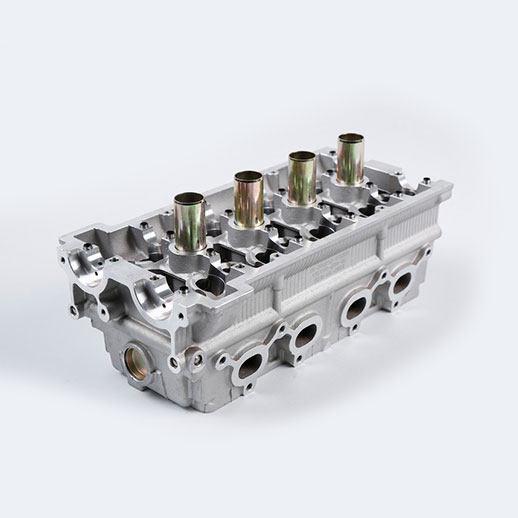High Production Rates:
- Die castingis a highly automated process, allowing for rapid production cycles.
- This translates to high output volumes in a relatively short timeframe compared to other manufacturing methods.
- This efficiency is crucial for meeting high demand and reducing production costs.
Complex Shapes:
- Die casting allows for the creation of intricate and complex shapes with thin walls, undercuts, and internal cavities.
- This versatility in design is limited in other manufacturing processes like forging or machining.
- This capability enables the production of highly functional and aesthetically pleasing parts.
Dimensional Accuracy:
- The use of precisely engineered dies ensures high dimensional accuracy and repeatability in the casting process.
- This minimizes the need for extensive post-processing operations like machining, reducing costs and improving overall efficiency.
Material Properties:
- Aluminum is a lightweight yet strong and corrosion-resistant material.
- These properties make aluminum die castings ideal for applications where weight reduction and durability are critical, such as in the automotive and aerospace industries.
Cost-Effectiveness:
- While initial tooling costs can be significant, high production volumes can quickly offset this investment.
- Automation and minimal post-processing further contribute to cost-effectiveness.
- Die casting often proves to be a more economical solution than other manufacturing methods for high-volume production runs.

